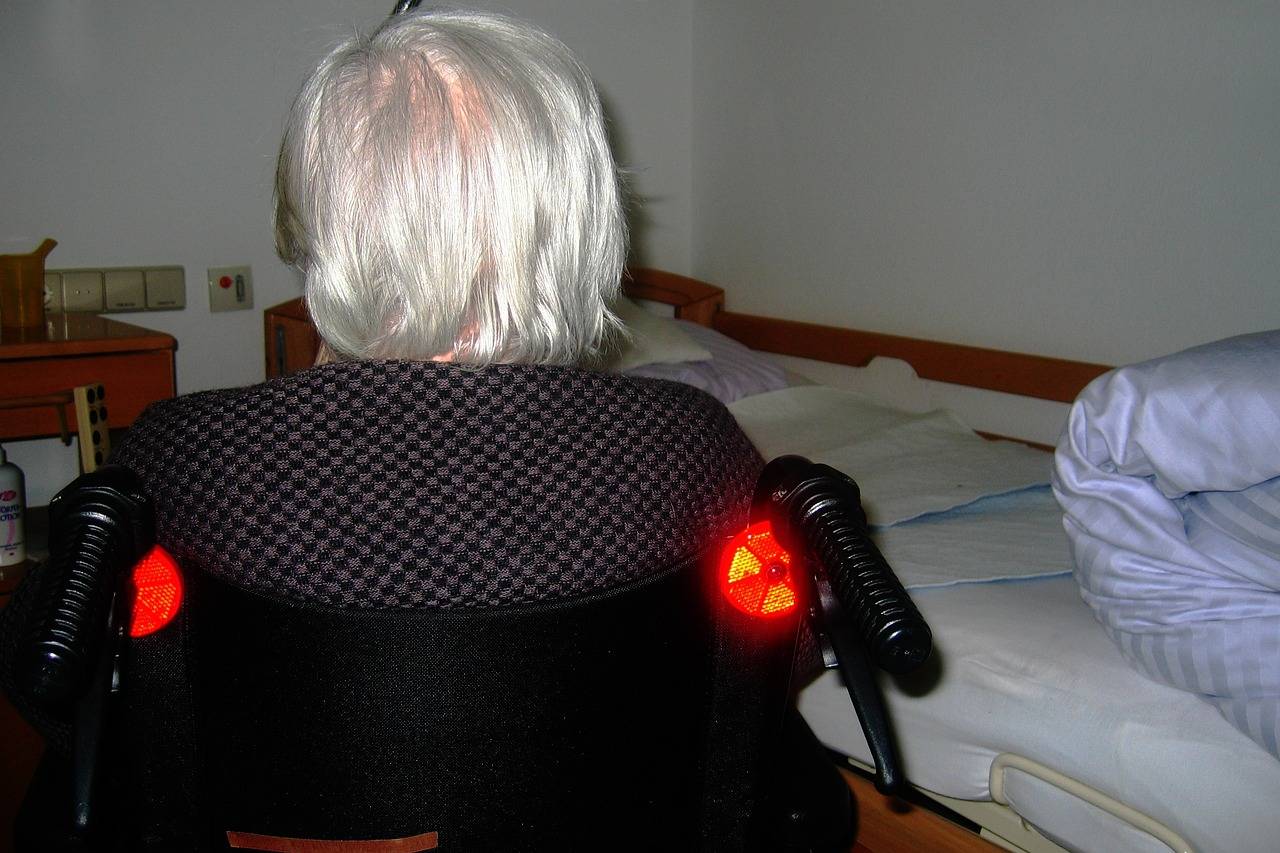How Hospitals are Addressing Emergency Preparedness
Effective emergency preparedness in hospitals is crucial for ensuring the safety of patients, staff, and visitors during unforeseen events. Every hospital must have comprehensive plans in place to address various emergencies, such as natural disasters, mass casualty incidents, or infectious disease outbreaks. Without proper preparedness measures, hospitals may struggle to effectively respond to emergencies, putting lives at risk and causing chaos within the healthcare facility.
Having well-trained personnel who are familiar with emergency response protocols is essential for a hospital’s preparedness efforts. Regular drills and simulations can help staff members practice their roles and responsibilities in different emergency scenarios, ensuring a coordinated and efficient response when a real crisis occurs. Moreover, hospitals need to maintain adequate supplies, equipment, and facilities to support emergency operations and provide necessary care to patients in challenging circumstances.
Integration of Technology in Emergency Response Plans
Technology plays a crucial role in enhancing emergency response plans within hospitals. Incorporating advanced communication systems, such as real-time messaging and alert systems, allows for the rapid dissemination of critical information to staff members during emergencies. This ensures that all team members are well-informed and can respond promptly to any situation that may arise.
Moreover, the utilization of electronic health records (EHR) can significantly improve the coordination of patient care during emergencies. Having access to patient information digitally enables healthcare providers to make informed decisions quickly and efficiently, ultimately leading to better outcomes for patients in crisis situations. By leveraging technology in emergency response plans, hospitals can enhance their preparedness and response capabilities to effectively meet the needs of both patients and staff in times of crisis.
Why is emergency preparedness important in hospitals?
Emergency preparedness is crucial in hospitals to ensure the safety and well-being of patients, staff, and visitors during any unexpected events or disasters.
How can technology be integrated into emergency response plans?
Technology can be integrated into emergency response plans through the use of communication tools, automated alert systems, real-time monitoring, and electronic medical records to improve response times and coordination.
What are some examples of technology that can be used in emergency response plans?
Examples of technology that can be used in emergency response plans include emergency notification systems, telemedicine platforms, GIS mapping tools, and mobile apps for communication and resource management.
How can hospitals ensure that their technology is effective in emergency situations?
Hospitals can ensure that their technology is effective in emergency situations by regularly testing and updating their systems, providing training to staff on how to use the technology, and conducting drills to simulate emergency scenarios.
What are the benefits of integrating technology into emergency response plans?
The benefits of integrating technology into emergency response plans include improved communication and coordination, faster response times, better resource allocation, and enhanced overall efficiency in managing emergencies.





